
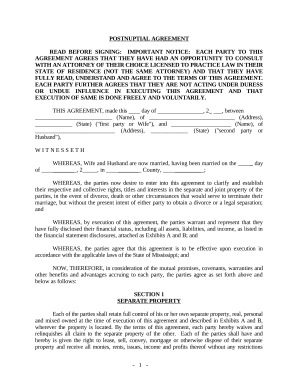
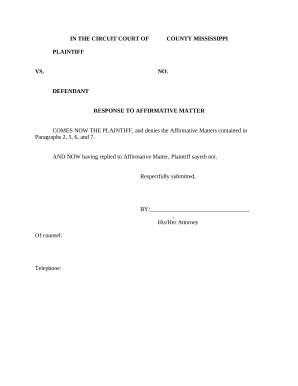

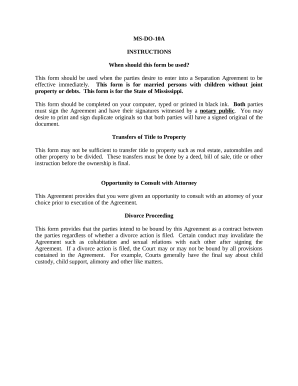

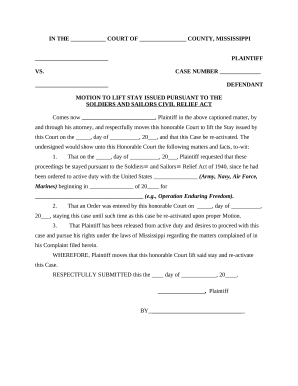


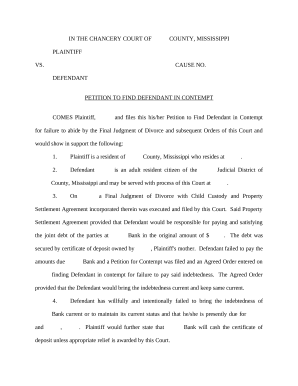
Speed up your form operations using our Legal Forms for Mississippi Residents collection with ready-made document templates that suit your needs. Access your document template, change it, fill it, and share it with your contributors without breaking a sweat. Start working more efficiently with your forms.
The best way to manage our Legal Forms for Mississippi Residents:
Explore all the possibilities for your online document management with the Legal Forms for Mississippi Residents. Get a free free DocHub profile today!